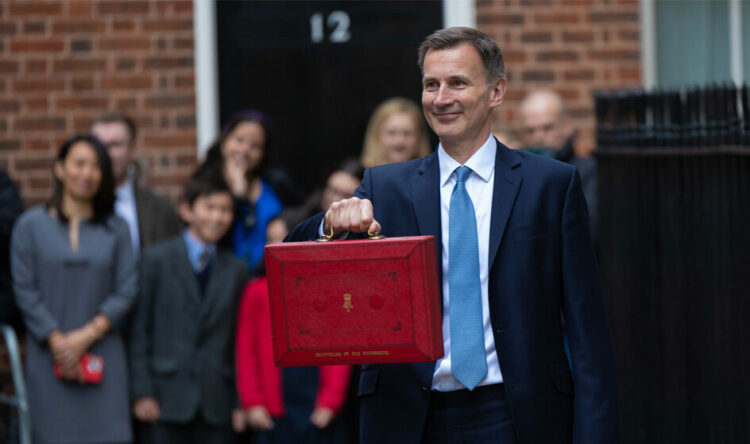Progress on accessibility as campaign launches to improve disabled passengers’ journeys
Transport Secretary Grant Shapps is today (25 February 2020) accelerating progress to make the UK a world leader for accessible travel as a new government campaign launches to improve the journeys of disabled passengers on public transport
- Campaign launches to improve journeys for disabled people when using public transport
- Operators urged to sign up to the Inclusive Transport Leaders Scheme to encourage, celebrate and promote best practice
- Latest in a series of improvements by the Transport Secretary to accelerate the pace of change for a more accessible transport network
The Department for Transport has launched the ‘it’s everyone’s journey’ advertising campaign to highlight how we can all play a part in making public transport inclusive. The campaign is being supported by more than 100 partners, including First Group, WHSmith Travel and the Alzheimer’s Society.
As 1 in 4 disabled people say the attitudes of other passengers prevent them from using public transport, the campaign will encourage everyone to reflect on how common, and often unconscious, behaviours can impact others and what we can all do to create a more considerate environment for passengers.
The government will also shortly be announcing 124 stations across Great Britain which will benefit from a share of a £20 million government investment for accessibility improvements. The enhancements – funded through the Access for All programme – will include new lifts, accessible toilets and customer information screens.
Transport Secretary Grant Shapps said:
“I want our transport system to be the best in the world for disabled people, but we still have a long way to go.
“Our ‘its everyone’s journey’ campaign highlights that we can all play a part in making transport more accessible for disabled people. Because I believe we should all be making a determined effort to make public transport accessible to everyone, and I am committed to accelerating the pace of change.
“We are launching a new scheme to recognise those transport operators which are getting it right and will work quickly to implement recommendations from the upcoming Keith Williams review to improve rail accessibility.”
Department for Transport research has shown that behaviours that make public transport a daunting place for disabled people are often unconscious, such as not looking out for a fellow passenger who might need a seat or be in distress.
The campaign will raise awareness about the needs of disabled people when using public transport, particularly people with non-visible impairments, and will also prompt members of the public to think and consider how their behaviour might impact others.
Combatting barriers to public transport is also one of the key parts of the government’s loneliness strategy which includes the funding of a Kent coffee caravan and the pilot to expand the services provided by mobility centres in England.
For more information on this campaign, or news from Department of Transport, click here.



